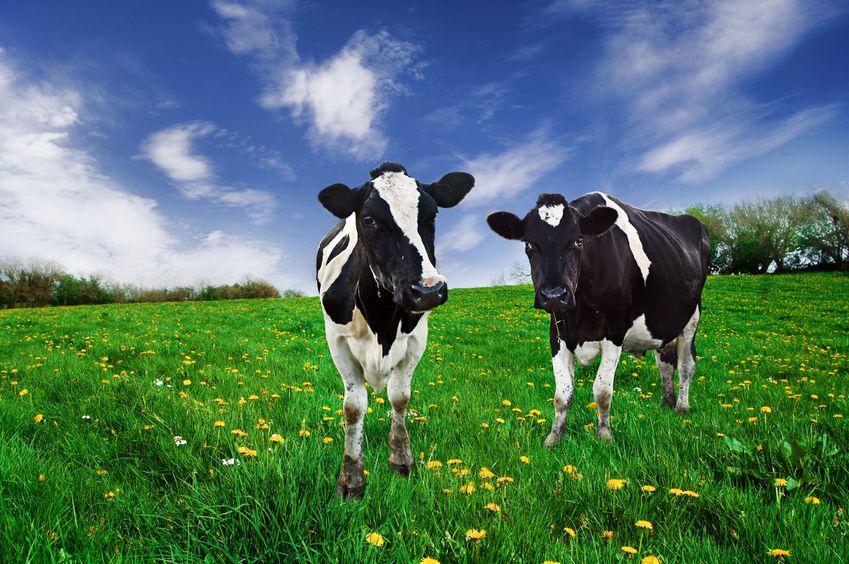
The president of the Canadian National Farmers Union has written to the EU's agriculture Commissioner Phil Hogan to express dismay at the dairy sector affecting many European countries.
Jan Slomp encouraged Hogan to adopt a Canadian-style supply management system in order to end the European dairy crisis.
“We in Canada have been observing from afar the crisis in the European Union’s dairy sector following the elimination of production quotas on April 1, 2015,” Mr Slomp said.
“Those who do not have the means to expand fall deeper into debt as their daily work brings them mounting losses in spite of their best efforts.

Mr Slomp said over the past year, farmers in England, France, Germany and Hungary have been in the streets protesting “as all other means of protecting their livelihoods and the fruits of their life’s work seem futile.”
“We feel compassion for your farmers”, Mr Slomp emphasised.
“Those who remember our history in Canada know that our parents’ generation of dairy farmers went through similar hard times in the mid-1900s.
“We would like to offer you the solution that was developed here with the wisdom, foresight and determination of farmers and political leaders, and which has worked well for over 50 years.”

Supply Management
Canada’s unique institution, called Supply Management, protects the interests of dairy farmers, processors, and consumers “without drawing upon the public purse,” Mr Slomp said.
“It provides farmers a fair return for their labour, management and investment through cost-of-production pricing; dairy processors receive a reliable supply of milk at predictable prices; consumers receive high quality, wholesome dairy products at reasonable prices and are never faced with shortages.”
“The whole system runs without a penny of government subsidy payments,” Mr Slomp explained.
Each Canadian province has its own milk marketing board run by farmers who are elected by their peers.
The parameters of these boards’ authority are defined by overarching federal legislation along with each province’s corresponding law and regulations.
The dairy sector offers farmers a “decent, predictable livelihood”, allowing them to invest in environmentally-friendly technology, use sustainable management practices, and employ local workers at “good living wage rates,” Mr Slomp said.
Each province has its own dairy processing facilities, reducing the amount of transportation (and associated greenhouse gases) required to produce dairy products for Canadian consumers across the country.
Three pillars
The Supply Management system rests on a foundation made of three pillars: import controls, production discipline and cost-of-productionpricing.
“Each pillar is necessary”, Mr Slomp said, “We must control the imports (via tariff barriers) in order to accurately predict the amount of dairy products needed by our market.”
“This also means that our dairy market is not buffeted by the political and economic vagaries of other countries’ markets which are outside of our control,” he said.
Farmers must accept mandatory production discipline so that they provide enough, but not too much, milk for the country’s needs.
Farmers are willing to limit production because the price they receive per litre is determined annually through a cost of production formula that encourages efficiency.
He said: “With these basics in place we continue to have a dairy sector with average farm herd size that does not stress local ecosystems or animal welfare.
“Dairy farmers’ income stability often provides an economic anchor in their communities when other agricultural products or industries experience volatility and precarious incomes.
“Thus, our Supply Management system contributes to rural employment, quality of life and social cohesion in addition to its economic contributions.
“We encourage you to lead Europe to adopt a Canadian-style supply management system. It would solve multiple problems, starting with the income crisis your dairy farmers are suffering,” Mr Slomp concluded.
